في ظل النزاع الدائر في قطاع غزة، يتسارع تدهور الوضع الاقتصادي والزراعي، حيث يتعرض قطاع الزراعة لأضرار جسيمة نتيجة للقصف المتواصل وتدمير البنية التحتية.
يستهدف القصف خزانات المياه والمخابز والعديد من مخازن الأغذية، كما قام بتدمير البنية التحتية وقطع الكهرباء بالكامل عن القطاع المحاصر منذ 17 عاما، إضافة لمنع إدخال الوقود وتدمير العديد من مولدات الكهرباء ومحطات الطاقة الشمسية، التي أصبحت المزود الوحيد والنادر جدا للطاقة الكهربائية في مناطق القطاع كافة.
يتسبب القصف في إلحاق أضرار فادحة بالمحاصيل الزراعية، مما يترك أثراً بالغ الخطورة على الحياة في هذه المنطقة المحاصرة.
تأثير القصف على المحاصيل الزراعية:
تعد الزراعة في غزة، مورداً رئيسياً ومغذياً لحاجة السوق من الخضراوات بشكل أساسي، حيث كان القطاع يتمتع حتى تاريخ ما قبل الحرب الإسرائيلية، باكتفاء ذاتي بنسبة 80٪ من الخضراوات، وبنسبة 25٪ من الفواكه.
وتعتبر محاصيل البطاطا، والفلفل بأنواعه، والفراولة، والزهور، من أهم صادرات قطاع غزة، بحجم تصدير يومي يتراوح بين 10 - 15 شاحنة يومياً، وفق أرقام مركز التجارة الفلسطيني.
يعاني القطاع الزراعي اليوم من تأثيرات كبيرة جراء القصف المتواصل، حيث يتم تدمير المزارع والحقول والبنى التحتية الزراعية.
أتلف القصف الممنهج على قطاع غزة المحاصيل الزراعية وأدى إلى تجريف ما لا يقل عن 25 في المئة من المساحات الزراعية بواقع 45 ألف دونم في القطاع، حيث بلغت الخسائر المباشرة للقطاع الزراعي أكثر من 180 مليون دولار، بحسب ما صدر عن المكتب الإعلامي الحكومي بغزة، الذي أكد أن جيش الاحتلال ضرب موسم الزيتون، وتسبب بموت عشرات الأفواج من مزارع الدواجن والطيور والحيوانات.
بالإضافة إلى تدمير المحاصيل، يستهدف القصف أيضًا البنية التحتية الزراعية مثل مستودعات الزراعة والآبار والمعدات الزراعية. هذا يؤدي إلى انقطاع التوريد المستمر وتعطل العمليات الزراعية، مما يزيد من صعوبة استعادة الحياة الاقتصادية والاعتماد على الزراعة كوسيلة للعيش.
تتراكم تأثيرات تدمير المحاصيل والبنية التحتية على حياة السكان اليومية في غزة. تزيد الصعوبات الاقتصادية ونقص الموارد من معاناة الناس، حيث يصبح الحصول على الطعام والمياه أمراً أكثر تحدياً.
نتيجة لتدمير المحاصيل وتعطيل العمليات الزراعية، يتزايد خطر الانعدام الغذائي في غزة. وتتسارع أزمة الطعام، مما يجعل الحاجة إلى المساعدة الإنسانية أكثر إلحاحاً لتلبية احتياجات السكان الأساسية.
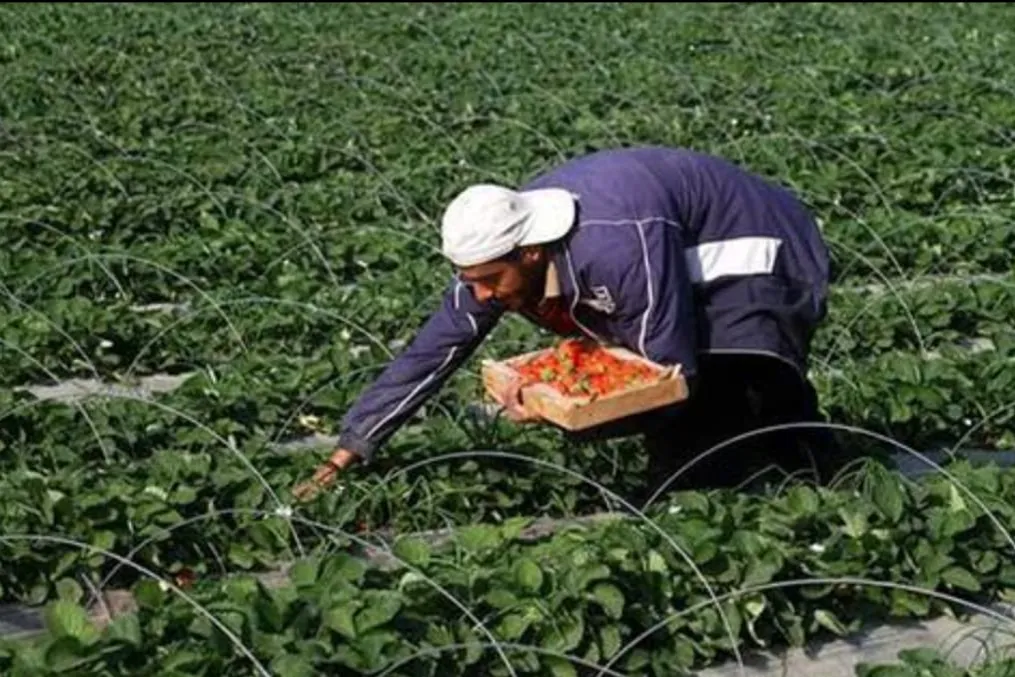
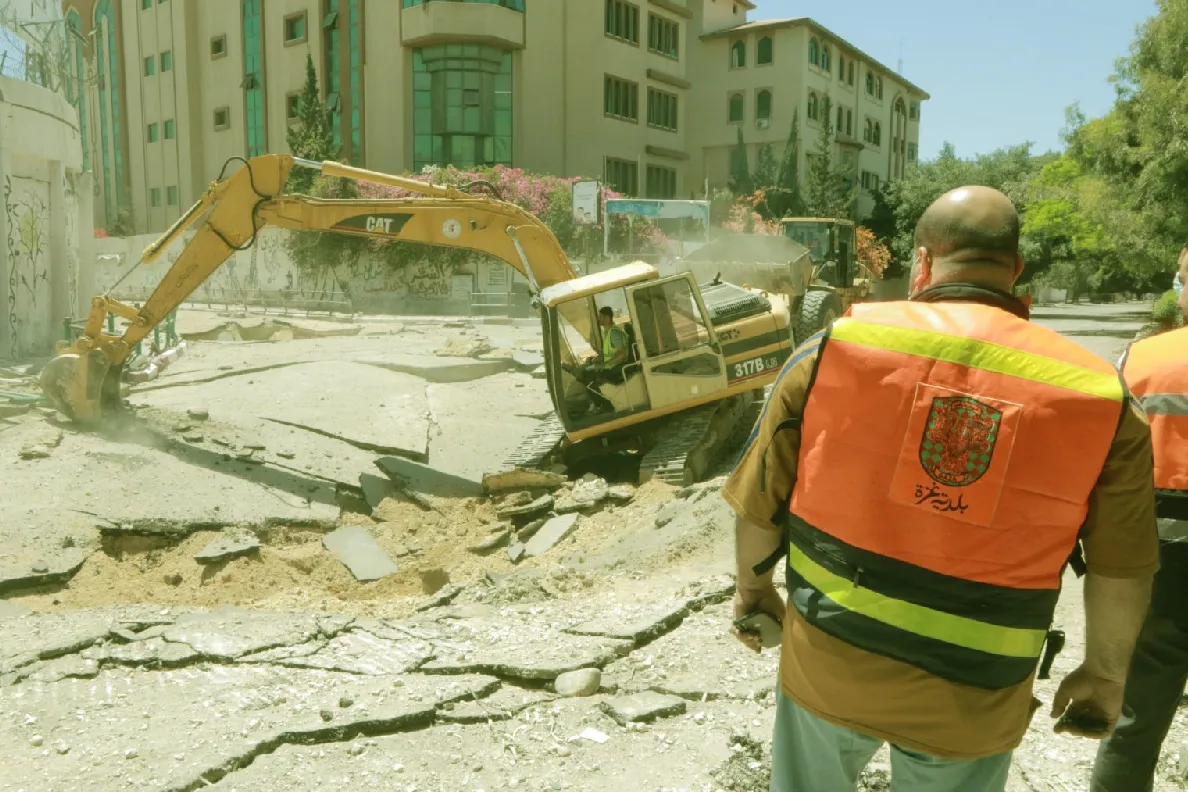
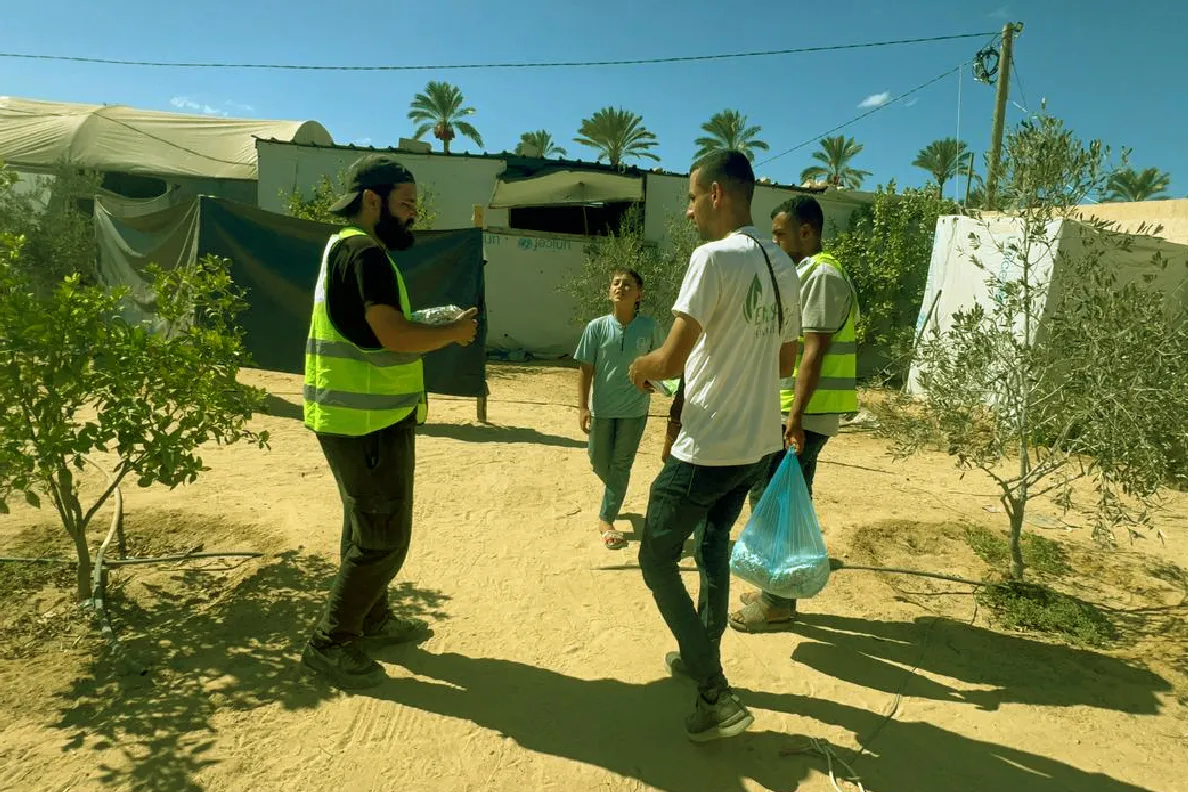





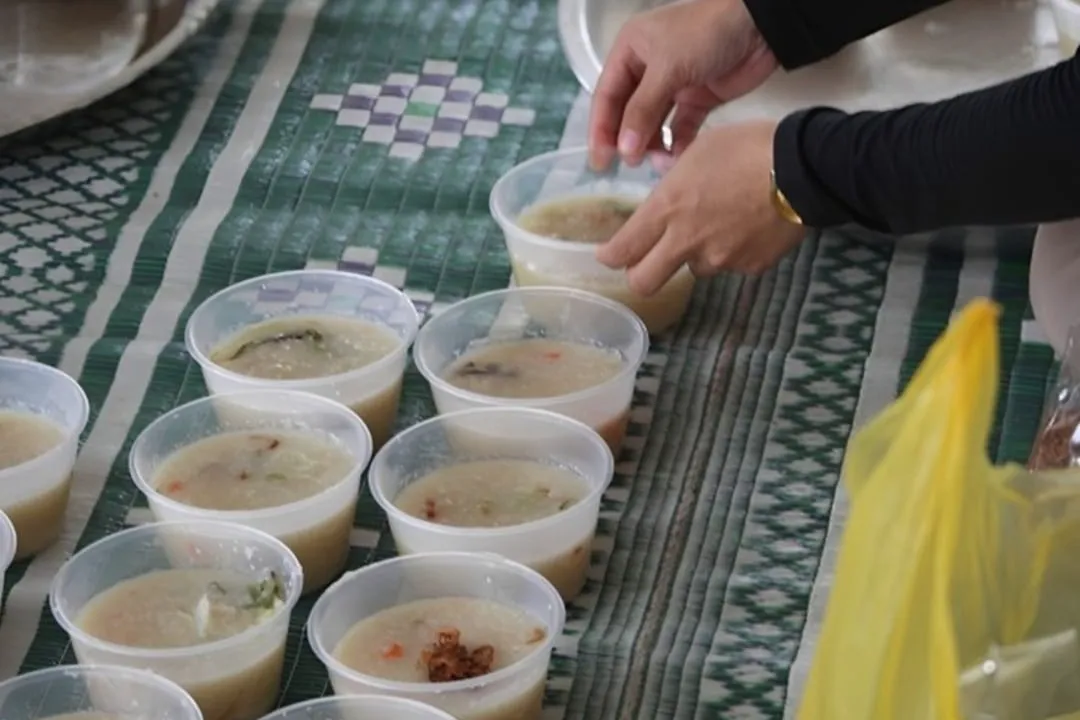

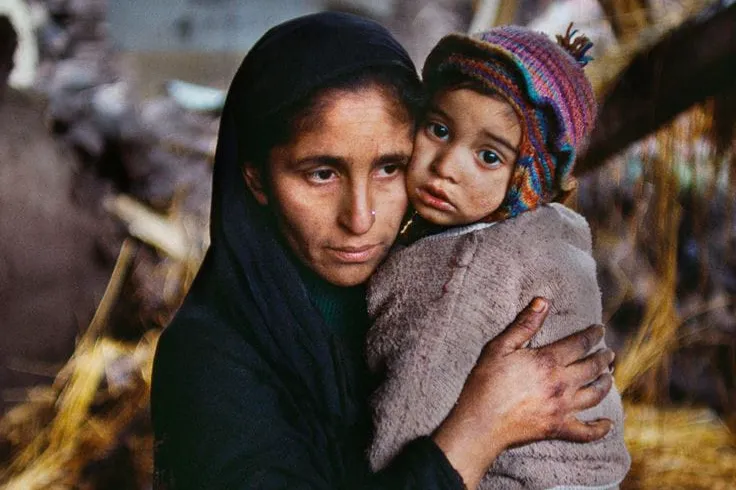
-white.svg)